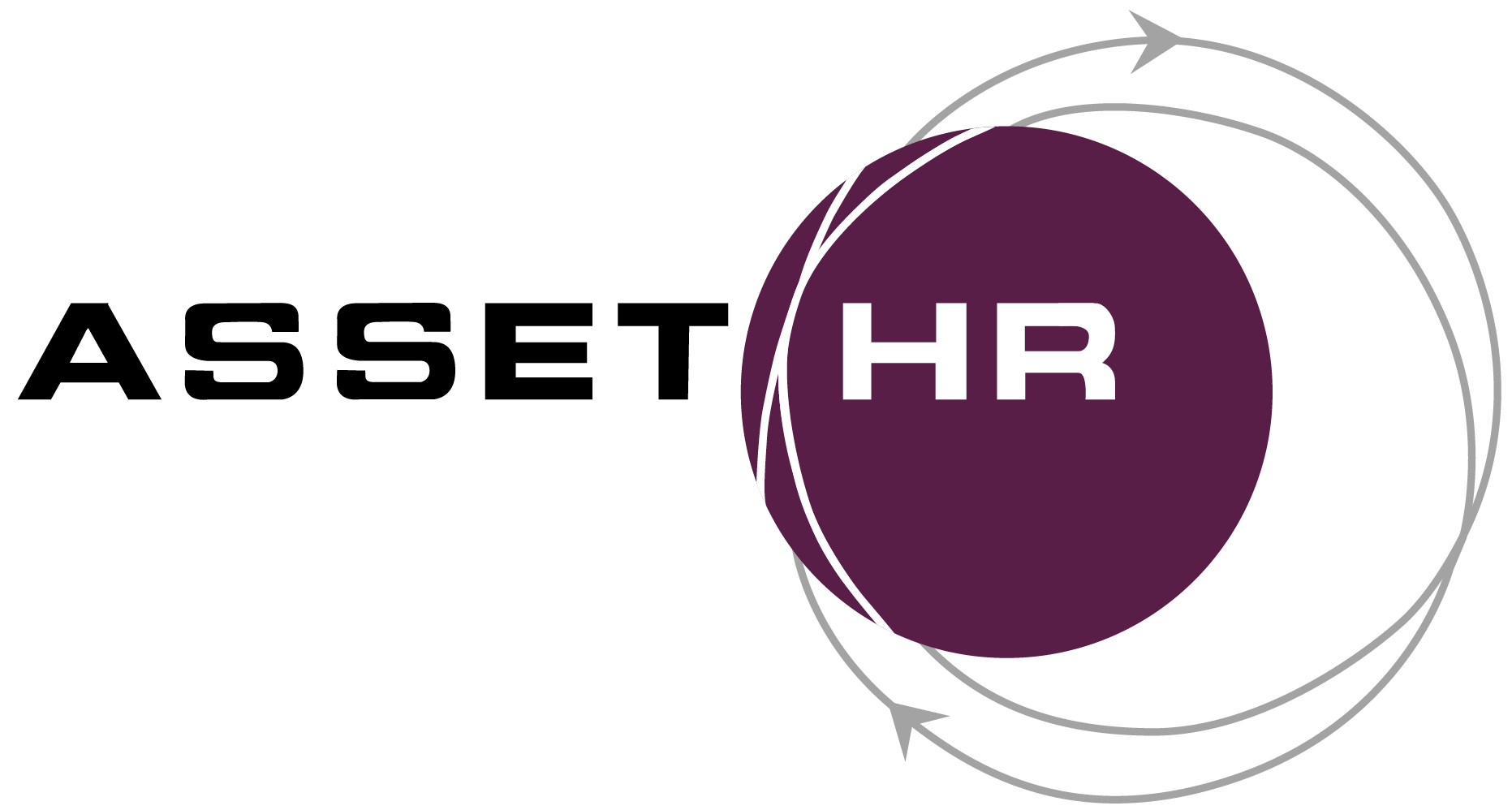Office Dress Codes in 2024: How to Adjust Your Strategy

The workplace dress code has traditionally varied depending on the industry. However, with the changing times and the introduction of the remote work culture, it has become imperative for employers to re-evaluate their dress code policies. A stricter dress code policy in today’s times may be viewed as outdated and unappealing, particularly by the younger workforce. With the world moving towards a more relaxed work environment, this article will discuss how office dress codes have changed and how you can evaluate whether your in-office policies should be adjusted.
The New Workplace Culture Is More Relaxed
Gone are the days when wearing formal wear was a prerequisite for a day at the office. Many companies today are shifting towards a more casual and comfortable work environment. Employees prefer outfits that help them feel comfortable and confident in their workplace without compromising their professionalism. A growing number of companies are now adopting flexible dress code policies, primarily focusing on comfort and practicality. A relaxed dress code plays a significant role in engaging and retaining a younger talent pool, which is crucial for many businesses.
The Growing Importance of Personal Expression in the Workplace
Personal expression is a crucial aspect of modern workplaces. Millennials and Gen Zs place a premium on individuality and self-expression, and a strict dress code policy can often be a hindrance. In contrast, with a flexible dress code policy, employees can easily assert their individuality and personality through their choice of clothing. A workplace that encourages personal expression can be more engaging and productive, resulting in a positive work culture.
The Rise of Digital Communication and Remote Work
With the world moving towards a remote work culture, the importance of dress code policies is diminishing within remote work settings. While it is essential to maintain a professional image during video calls, the days of imposing a strict dress code are gone. Remote workers prefer to work comfortably and without the restrictions of formal workwear. As we move away from traditional work environments and adopt a more remote work structure, companies that are open to new dress code policies can attract more remote talent, ensuring their business stays ahead of the curve.
The Benefits of a Comfortable Work Environment
The dress code can play an essential role in employee’s productivity and well-being. Wearing comfortable clothes can provide a better work experience for employees and boost productivity. Nowadays, the focus is on providing an environment that lets employees feel relaxed and comfortable, leading to better work quality and fewer sick days.
The Need for Dress Code Policies
While there is a shift towards a relaxed dress code policy, it’s essential to have guidelines. Vague policies can often create confusion, and employees may find it hard to determine what is considered appropriate attire for work. Employers must provide clear guidance on what is acceptable for workwear, as well as what is considered inappropriate. Ensuring that employee dress is aligned with the company’s values and goals is also essential.
Let’s Build an Innovative Work Culture
Dress codes have evolved in recent years, and it’s time to adjust in-office policies in line with modern times. The focus should be on creating a comfortable work environment that inspires employees to be productive while providing a sense of belonging. With clear guidelines, employers can ensure that employee dress remains professional and reflects the company’s values and goals.

